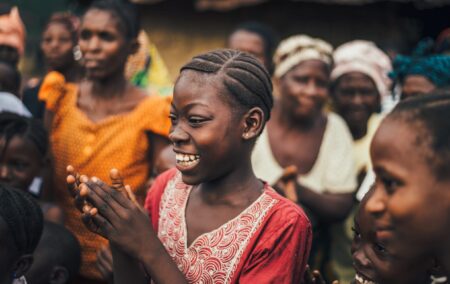LGBTQ acceptance still faces an uphill battle in Africa, judging by the beliefs that many young people hold today.
In the latest survey by the Ichikowitz Family Foundation, based on 4 200 face-to-face interviews with African youth aged between 18 and 24, only 28% said they believed that their country should do more to protect the rights of LGBTQ people.
In contrast, African Youth Survey 2020 shows that 83% of respondents believed their country should do more to protect ethnic minorities; 72% believed their country had a moral obligation to help refugees from neighbouring countries regardless of their impact; 64% believed sexual harassment was a problem; and the vast majority (85%) believed everyone had a right to freedom of conscience, religion, thought, belief and opinion.
Other research has, however, shown that young Africans are more likely than older Africans to display tolerance for gay people. An Afrobarometer study in 2016 found that 25% of people between 18 and 25 displayed high tolerance for gay people in comparison to 17% of people who were 65 or older.
IRR analysts note that while there is a shift towards greater acceptance for LGBTQ people on the continent, the pace of change is slow. They suggest there are several reasons why LGBTQ acceptance is struggling to take hold in Africa. These include conservative religious views remaining deeply entrenched in many African countries, governments still severely clamping down on LGBTQ people and often using them as a scapegoat for their own failings, and the prevalence among many cultural groups of the idea that homosexuality is ‘unAfrican’.
The significance of the attitudes of youth, the analysts point out, lies in the fact that, once they begin to participate in the workforce and in the political arena, they will likely exert a significant influence on their country’s socio-economic fabric and the ethos that shapes the human rights environment.
[Picture: Annie Spratt on Unsplash]

